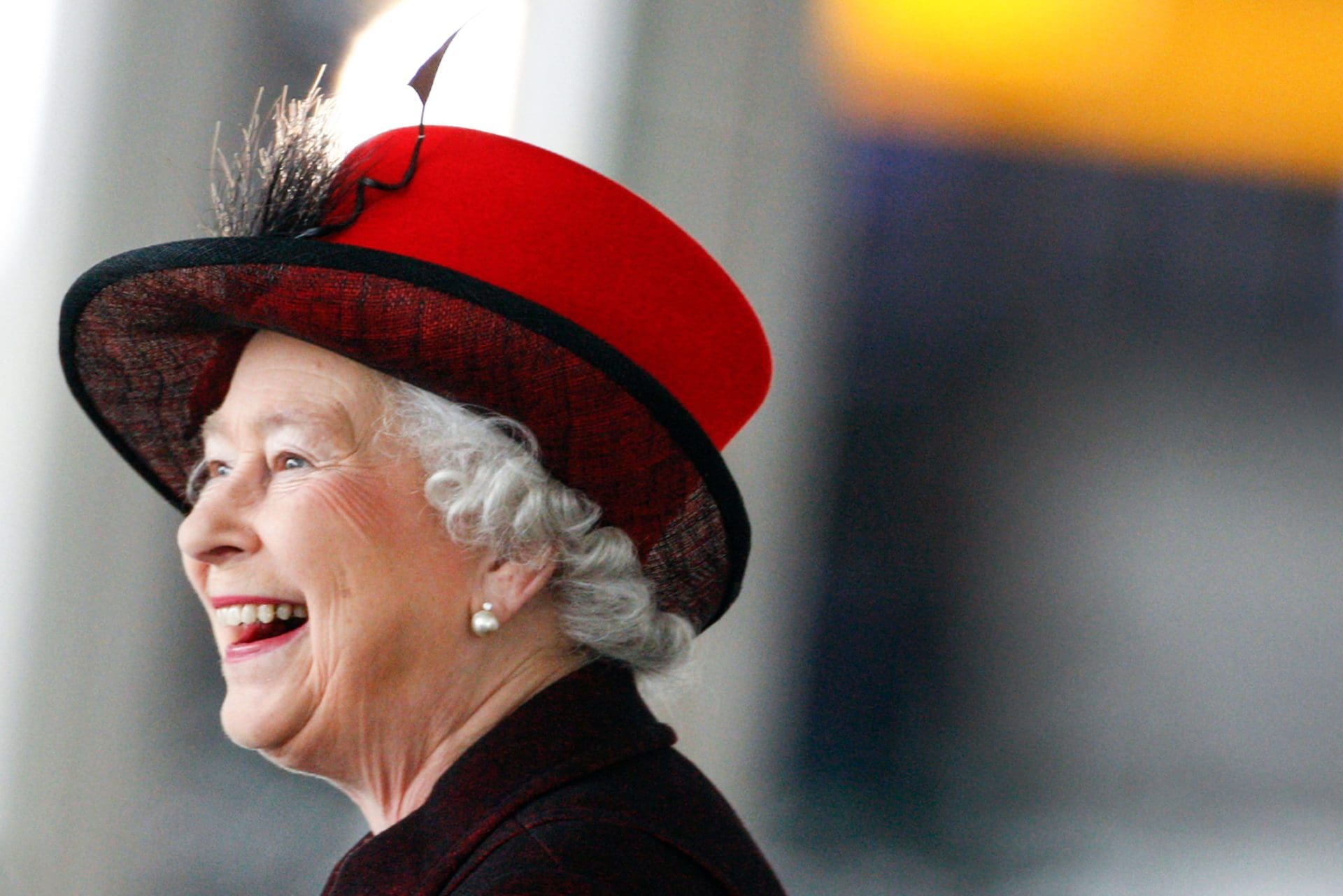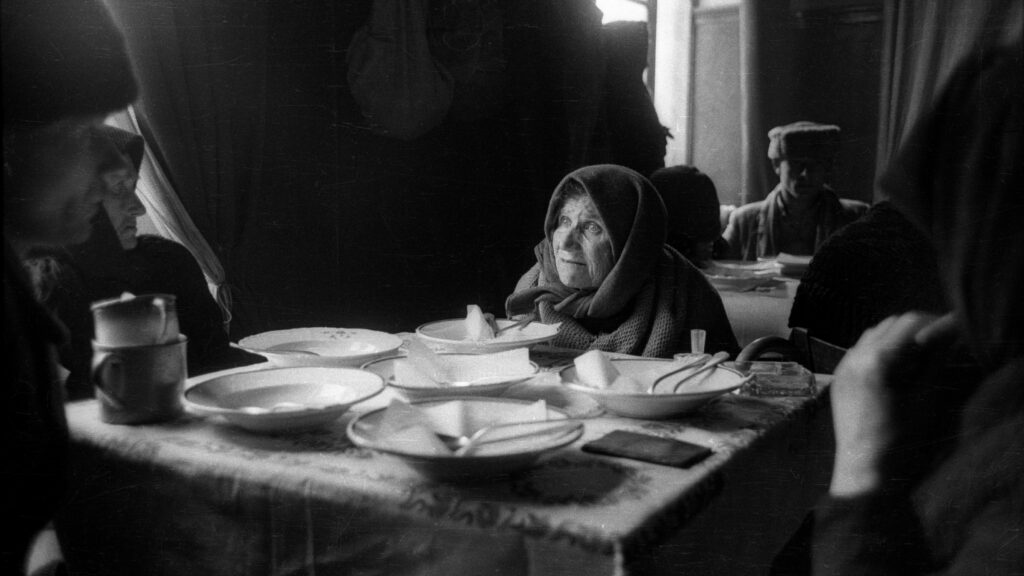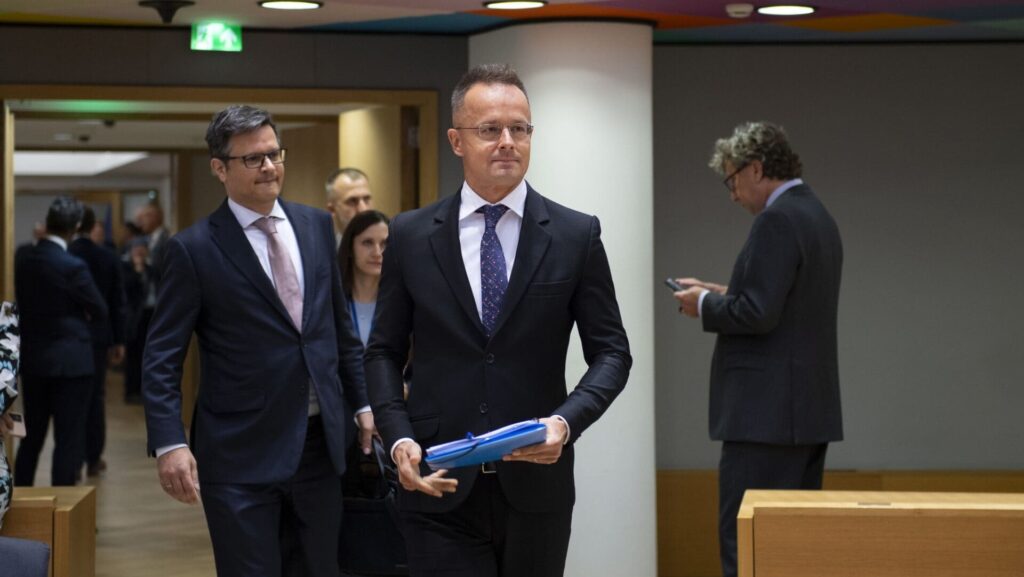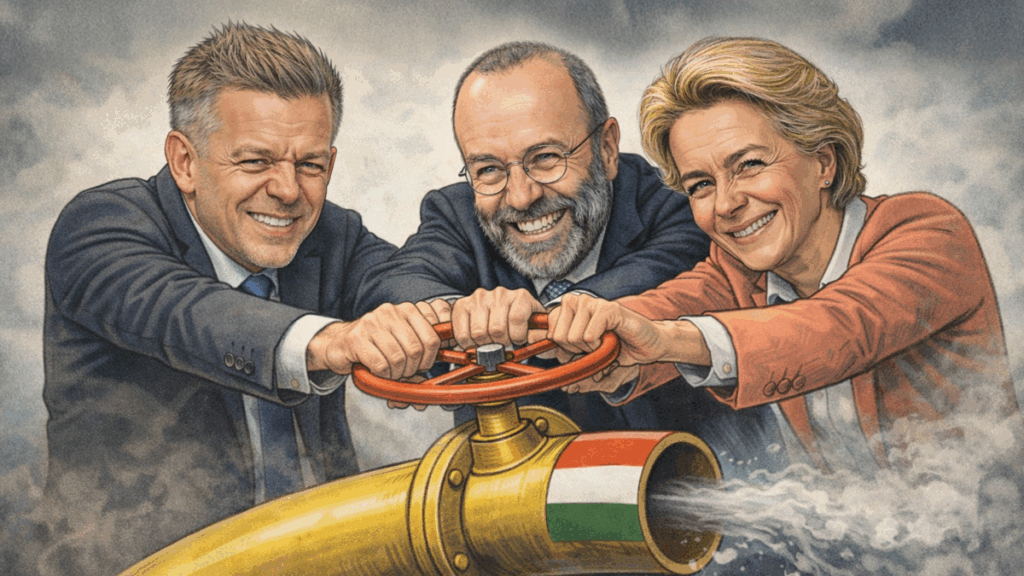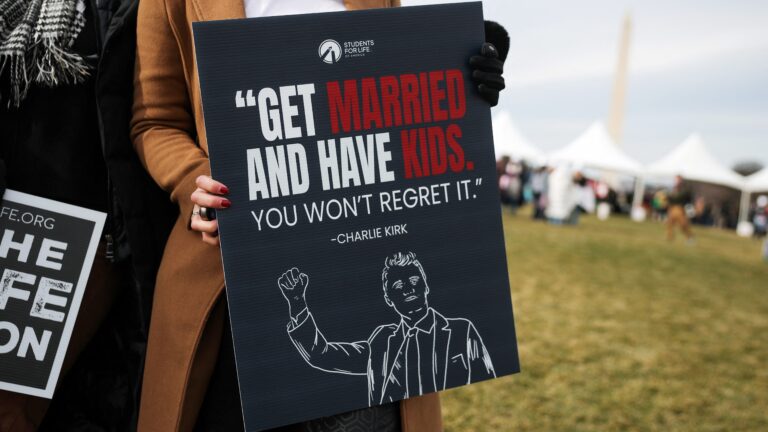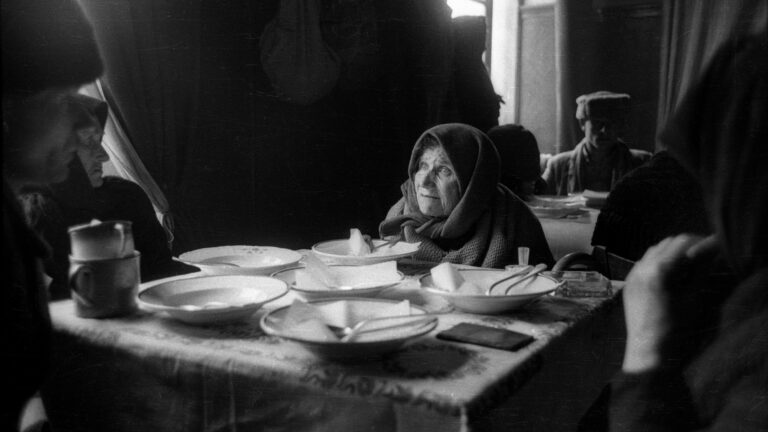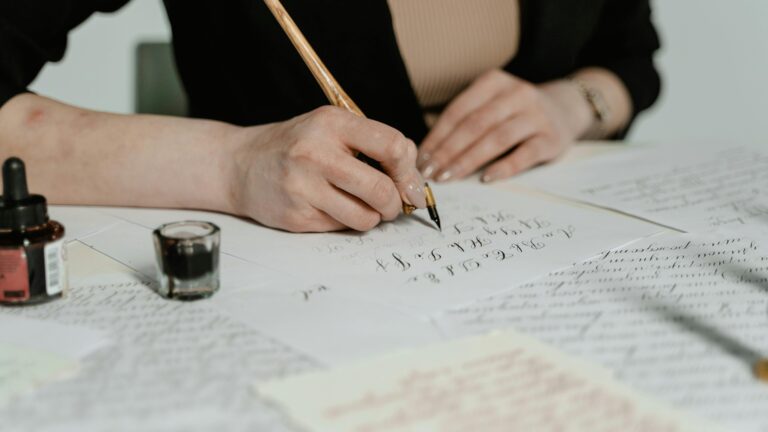From the Pagan Hungarian Prince Árpád to British Queen Elizabeth II, thirty-nine generations follow each other through more than a thousand years of European history.
Did you know? This is not fake news and just like most European monarchs today, Her Majesty Queen Elizabeth II also has the blood of the ancient Hungarian Árpád Dynasty in her veins — with Árpád the Conqueror, and kings András I, Béla III, and András II among her ancestors.
Just recently, Great Britain and the Commonwealth of Nations are celebrating the 70th anniversary of the accession, that is, the Platinum Jubilee of Queen Elizabeth II, of the House of Windsor (the House of Saxe–Coburg and Gotha, originally), whose ancestors include many different blue-blooded members of royal dynasties of Europe.
So, the blood of Árpád Dynasty is also part of the genetic makeup of the British royal family.
Elizabeth II is a descendant of the Hungarian conqueror Árpád — of the female branches. On her family tree going back 1100 years, her lineage can be precisely traced back through subsequent generations of Hungarian, Polish, Czech, Castilian, Aragonese, French, Scottish, and English kings, queens, and princesses.
As we read this long list of names of major personalities of European and world history, as well as forgotten princes and princesses, we get a glimpse of the rich and multi-layered history of our continent.
From Árpád, thirty-nine generations (counting Prince Charles and Prince William, and the little Prince George, forty-two generations) succeeded from the Eastern European steppe in the 9th century to the 21st Century.
The Family Tree:
Árpád, the first prince of the Hungarian conquerors at the end of the 9th century
Zolta (Solt, Zsolt)
Taksony
Mihály (Prince Géza’s younger brother, uncle of the first King of Hungary, Stephen I)
Vazul
András I (1015-1060), 4th king of Hungary
Adelhaid (1040-1062); her husband was King Vratislav II of Bohemia
Judit (1057-1086) of Bohemia; her husband was the Polish Prince Władysław I Herman
Bolesław III Krzywousty, Polish Prince (1085-1138)
Władysław Wygnaniec, Polish Prince (1105-1159)
Richeza of Poland (1140-1185); her husband was King Alfonso VII of León and Castile
Sancha of Castile (1154/5-1208); her husband was King Alfonso II of Aragon
King Peter II of Aragon (1174-1213); his sibling was Constance of Aragon who became the wife of King Imre of Hungary
James I of Aragon (1213-1276); his wife was Hungarian Princess Jolánta (András II’s daughter, granddaughter of Béla III, great-granddaughter of Géza II—a double Hungarian connection here)
Isabella of Aragon (1247-1271); her husband was Philip III of France
Philip IV of France (Philip the Fair) (1268-1314), one of the most significant kings in the history of France
Isabella of France (1295-1398); her husband was King Edward II of England
King Edward III of England (1312-1377)
John of Gaunt, Duke of Lancaster (1340-1398/9)
John Beaufort, Earl of Somerset (1373-1410), the illegitimate son of John of Gaunt
John Beaufort, Duke of Somerset (1404-1444)
Lady Margaret Beaufort (1443-1509); her husband was Edmund Tudor
King Henry VII of England (1456/7-1509)
Margaret Tudor (1489-1541), King Henry VIII’s sibling
King James V of Scotland (1512-1542)
Mary Stuart I, Queen of Scotland (1542-1587)
King James I of Scotland and England (1566-1625)
Elizabeth Stuart (1596- 1662); her husband was Frederick V of the Palatine, the Winter King
Princess Sophia (1630-1714); her husband was Elector Ernest Augustus of Hanover
George I of England (1660-1727)
George II of England (1683-1760)
Frederick, Prince of Wales (1706/7-1751)
George III of England (1738-1820)
Prince Edward, Duke of Kent (1767-1820)
Queen Victoria (1819-1901); her husband was Prince Albert of Saxe-Coburg and Gotha
King Edward VII of England (1841-1910)
King George V of England (1865-1936)
King George VI of England (1895-1952)
Queen Elizabeth II (1926- )

